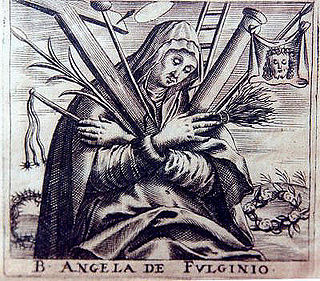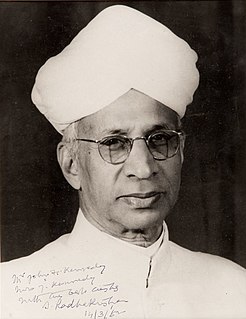A Quote by Sigmund Freud
We may insist as often as we like that man's intellect is powerless in comparison to his instinctual life, and we may be right in this. Nevertheless, there is something peculiar about this weakness. The voice of the intellect is a soft one, but it will not rest until it has gained a hearing. Finally, after a countless succession of rebuffs, it succeeds.
Related Quotes
He is not famous. It may be that he never will be. It may be that when his life at last comes to an end he will leave no more trace of his sojourn on earth than a stone thrown into a river leaves on the surface of the water. But it may be that the way of life that he has chosen for himself and the peculiar strength and sweetness of his character may have an ever-growing influence over his fellow men so that, long after his death perhaps, it may be realized that there lived in this age a very remarkable creature.
All goes to show that the soul in man is not an organ, but animates and exercises all the organs; is not a function, like the power of memory, of calculation, of comparison, but uses these as hands and feet; is not a faculty, but a light, is not the intellect or the will, but the master of the intellect and the will; is the background of our being, in which they lie,--an immensity not possessed and that cannot be possessed.
You're a good Irishman, right?" When Butch nodded, V said, "Irish, Irish… let me think. Yeah…" Vishous's eyes sobered, and in a voice that cracked, he said, "May the road rise to meet you. May the wind always be at your back. May the sun shine warm upon your face and the rains fall soft upon your fields. And… my dearest friend… until we meet again may the Lord hold you in the palm of His hand.
The word Atman (Soul) means the "breath of life". Atman is the principle of man's life, the Soul that pervades his being, his breath, his intellect and transcends them. Atman is what remains when everything that is not the self is eliminated. It is the unborn and immortal element in man, which is not to be confused with body, mind or intellect.
It is all, as usual, paradox. I have to use what intellect I have in order to write books, but I write the kind of books I do in order that I may try to set down glimpses of things that are on the other side of the intellect. We do not go around and discard the intellect, but we must go through and beyond it.
The great passion in a man's life may not be for women or men or wealth or toys or fame, or even for his children, but for his masculinity, and at any point in his life he may be tempted to throw over the things for which he regularly lays down his life for the sake of that masculinity. He may keep this passion secret from women, and he may even deny it to himself, but the other boys know it about themselves and the wiser ones know it about the rest of us as well.




































